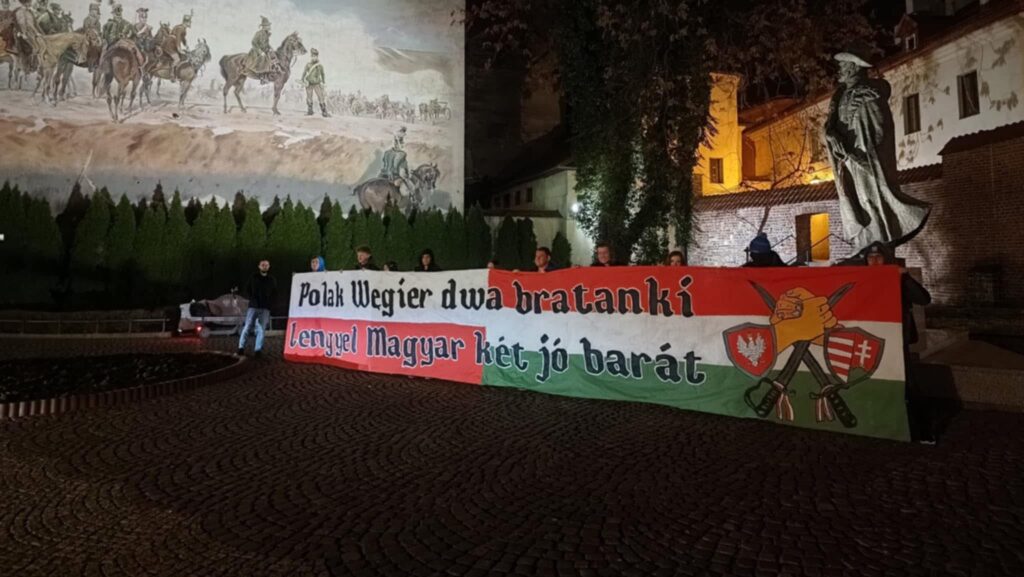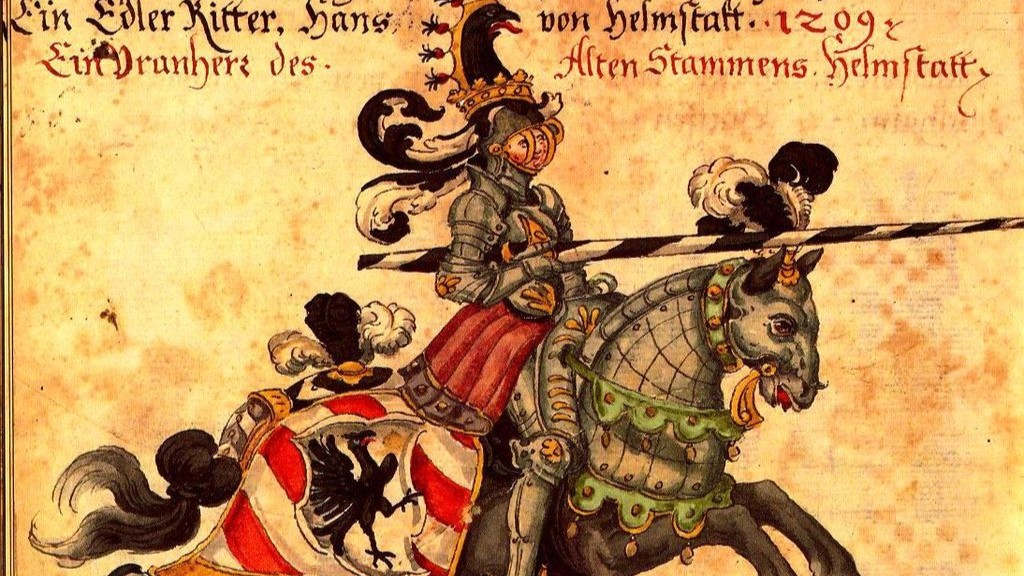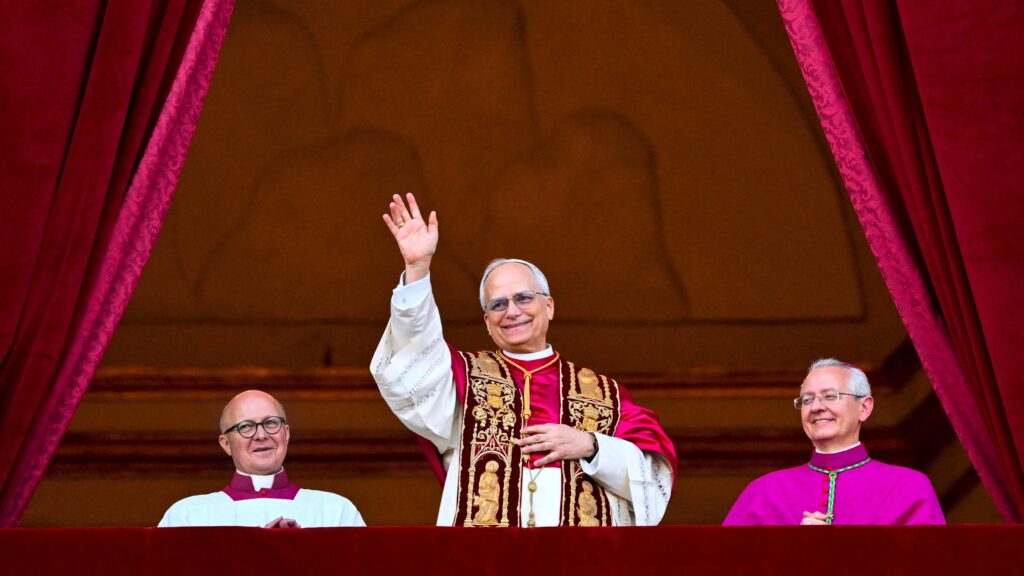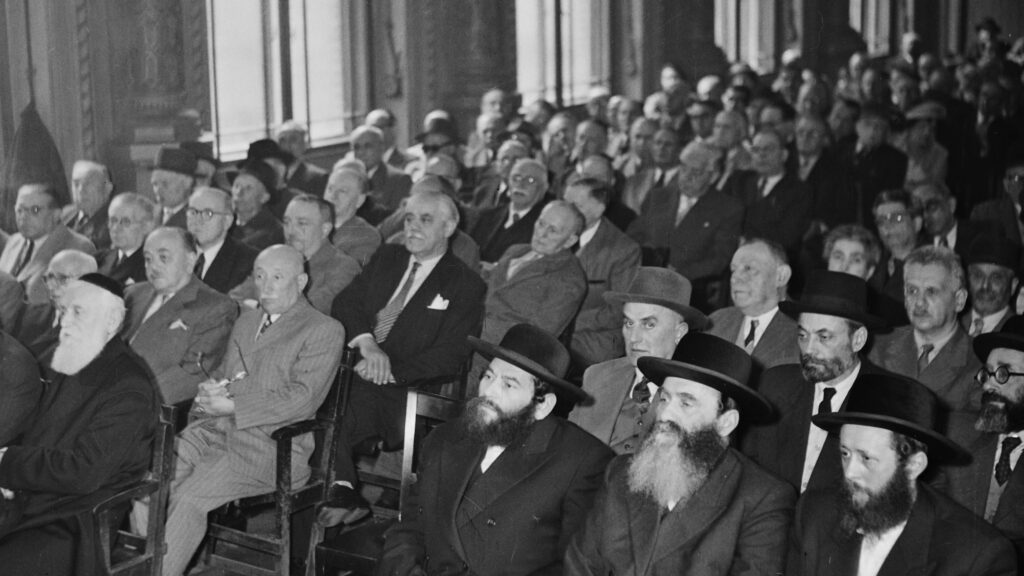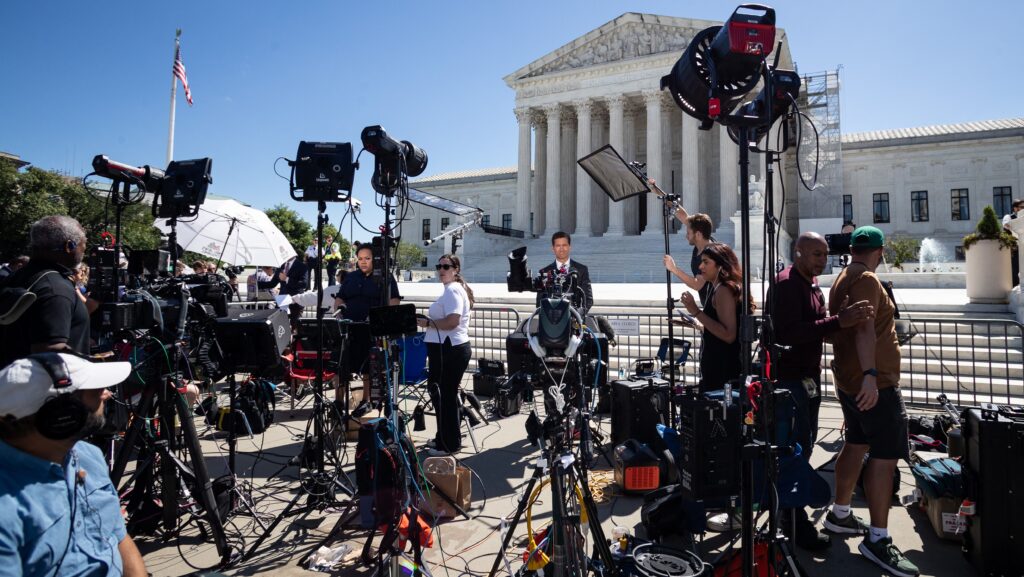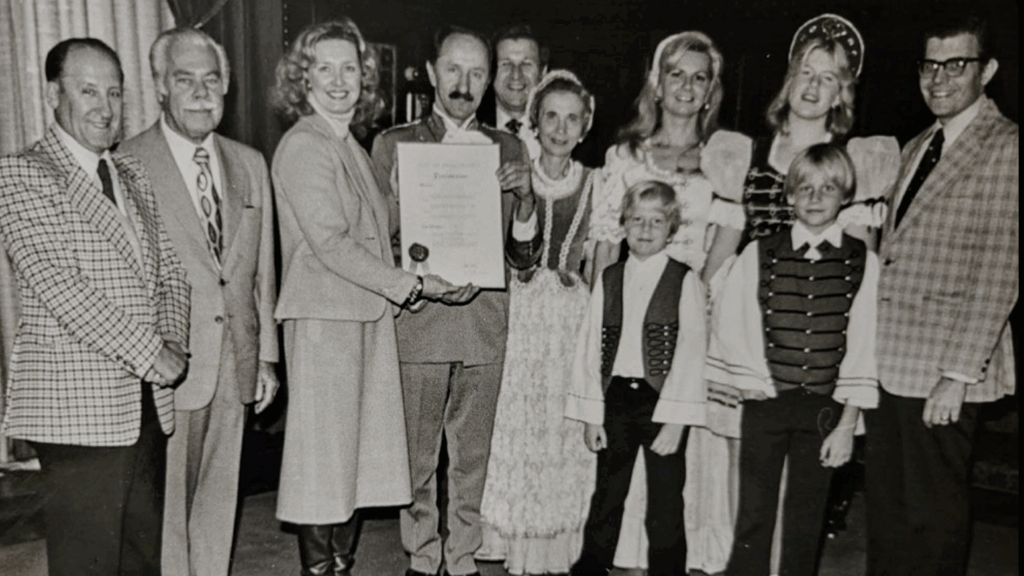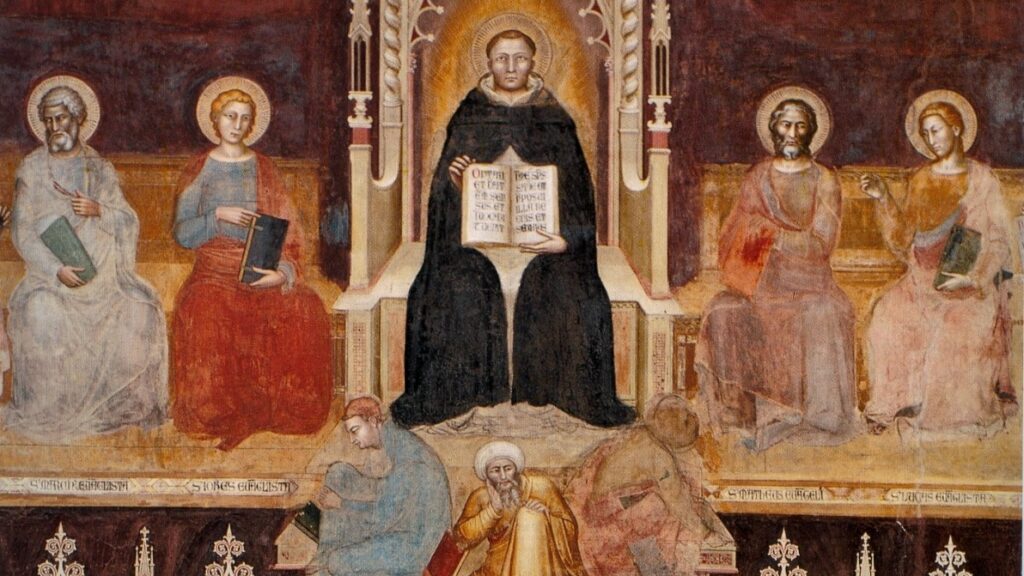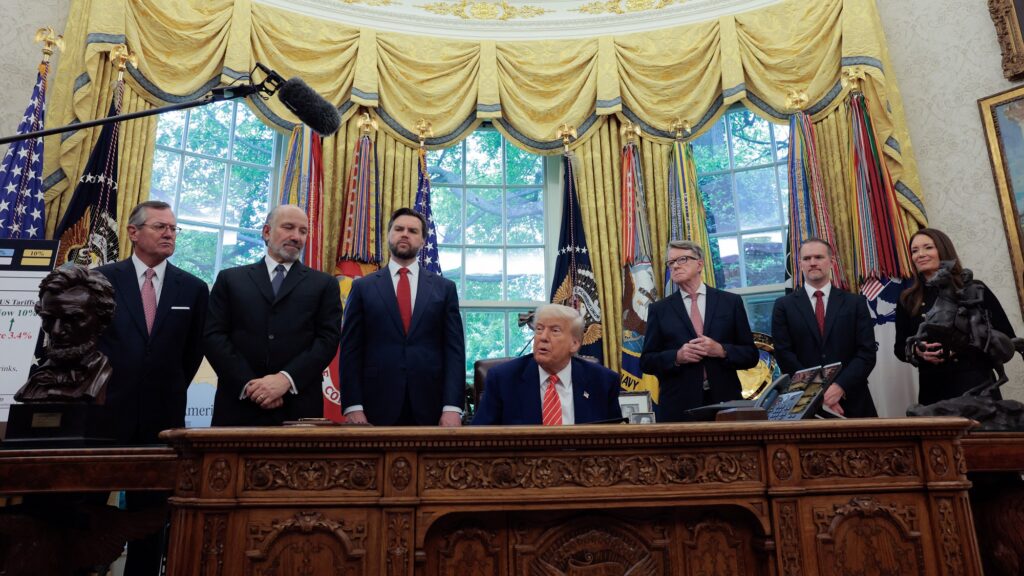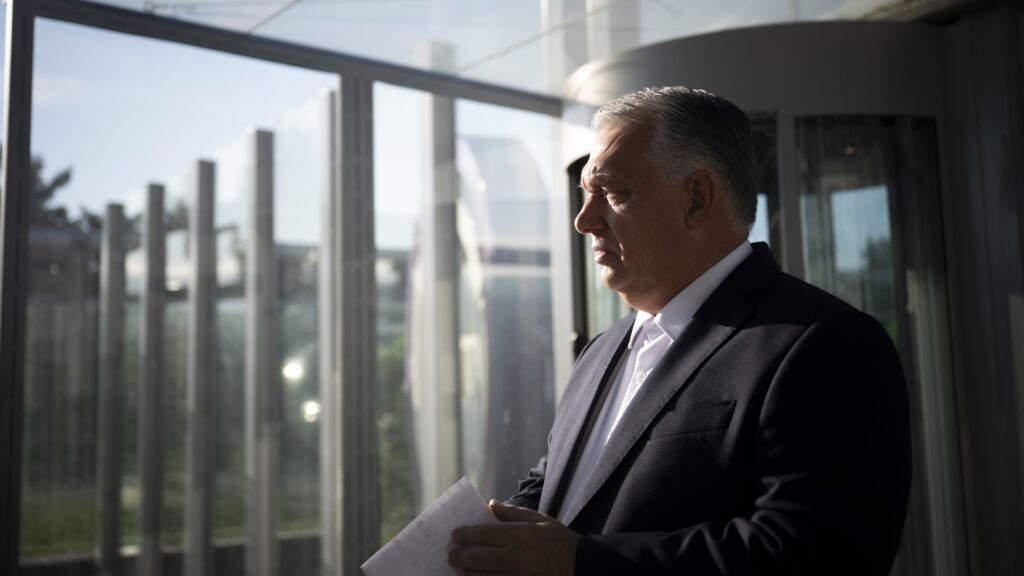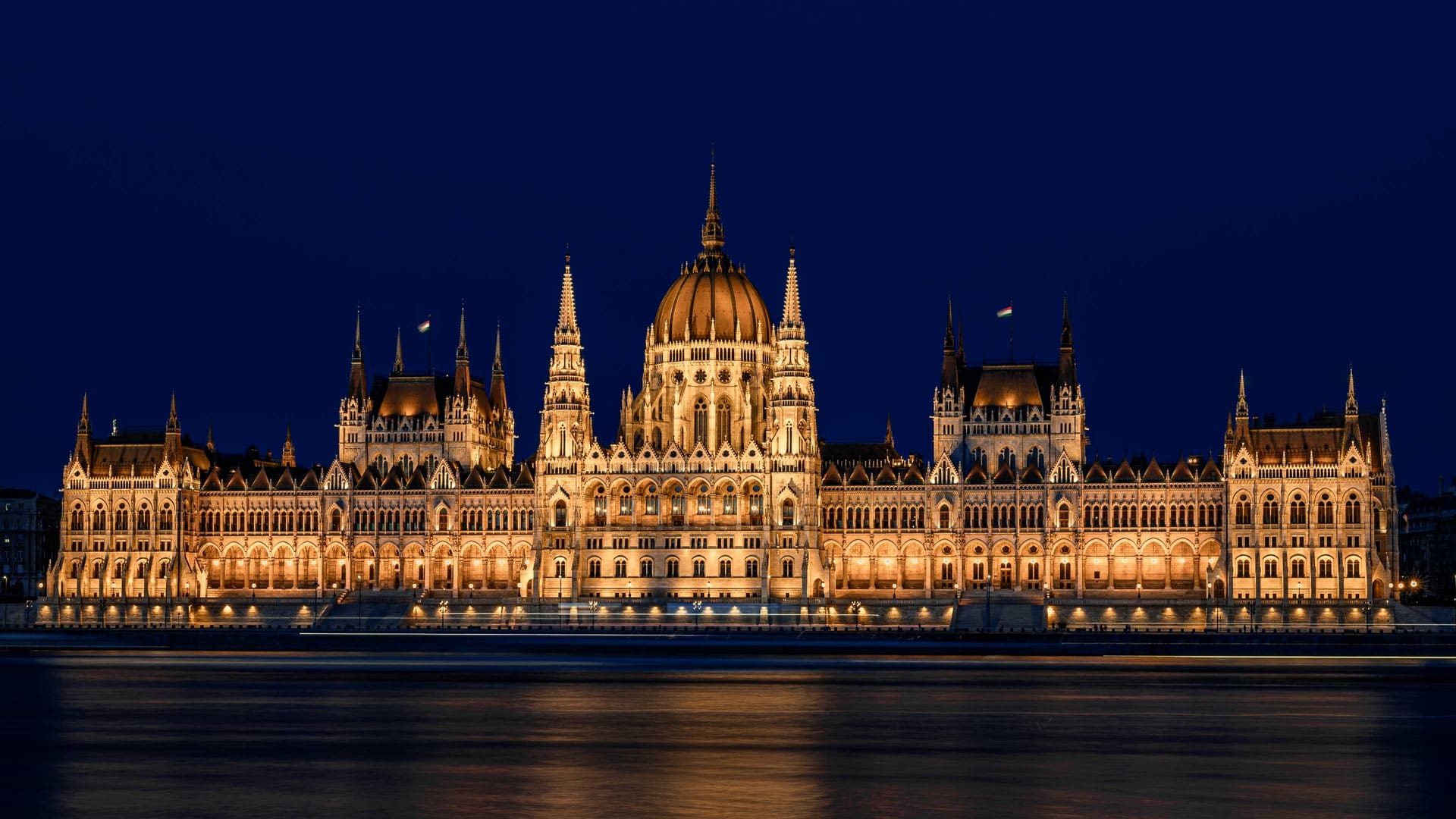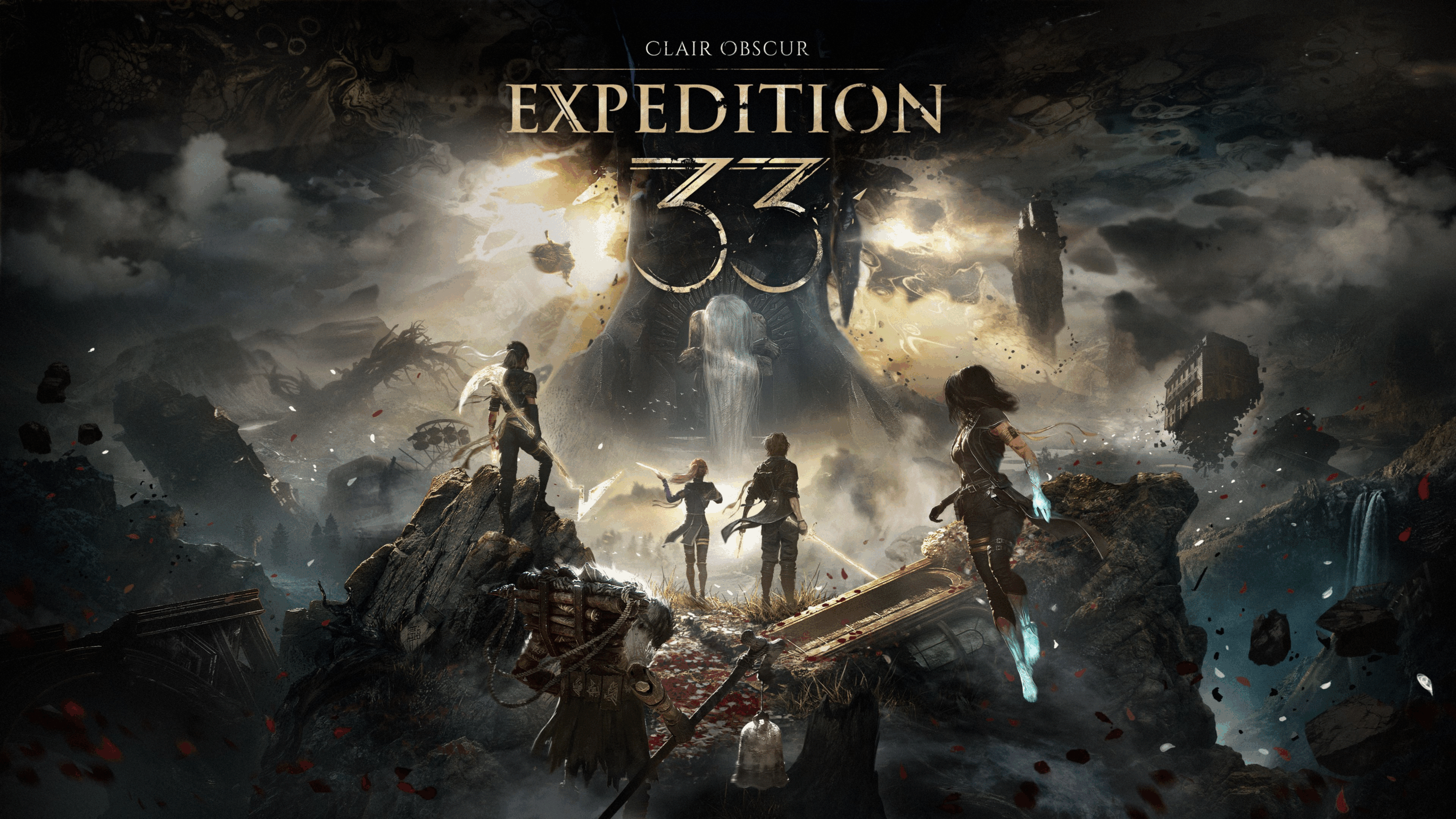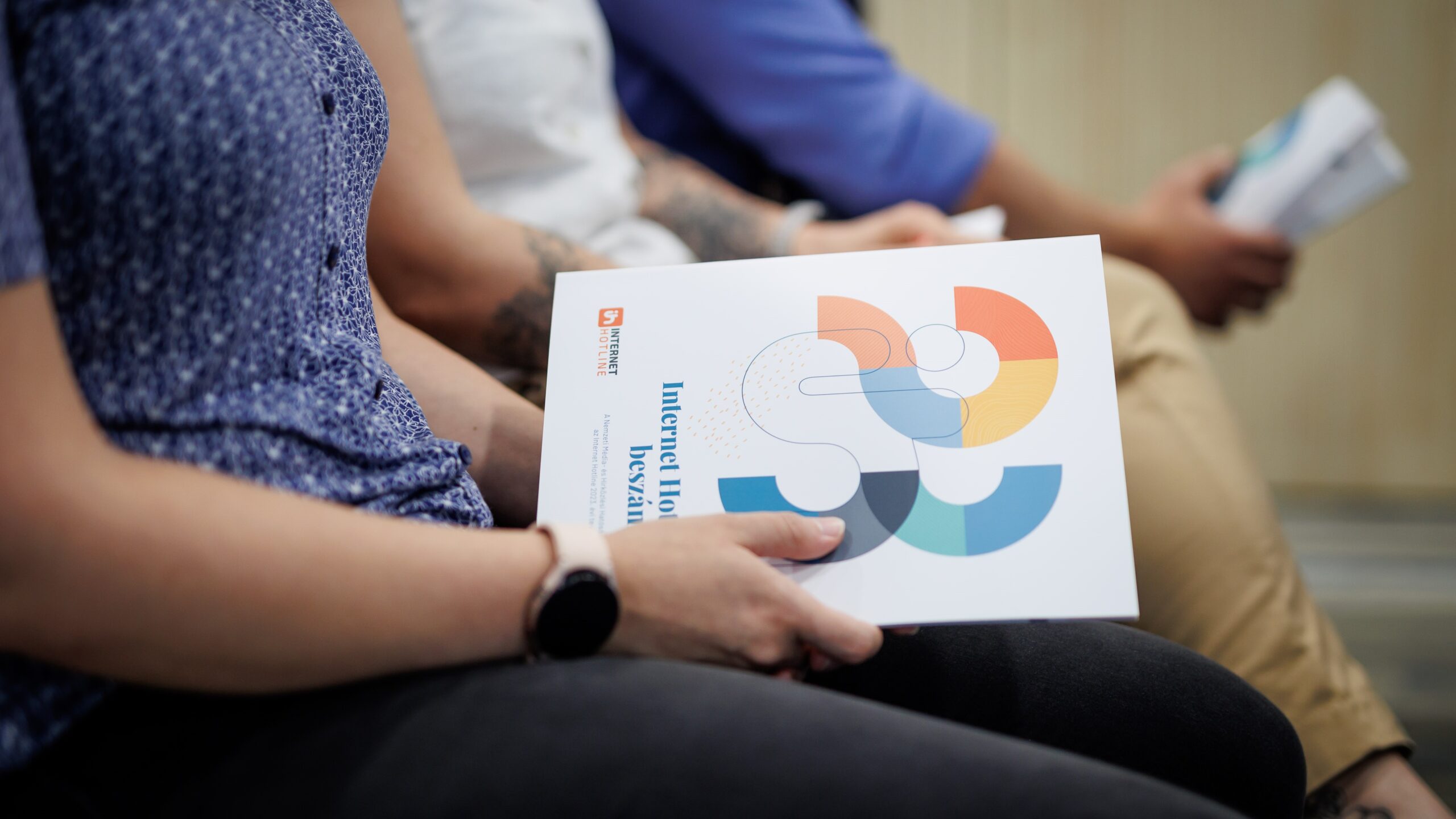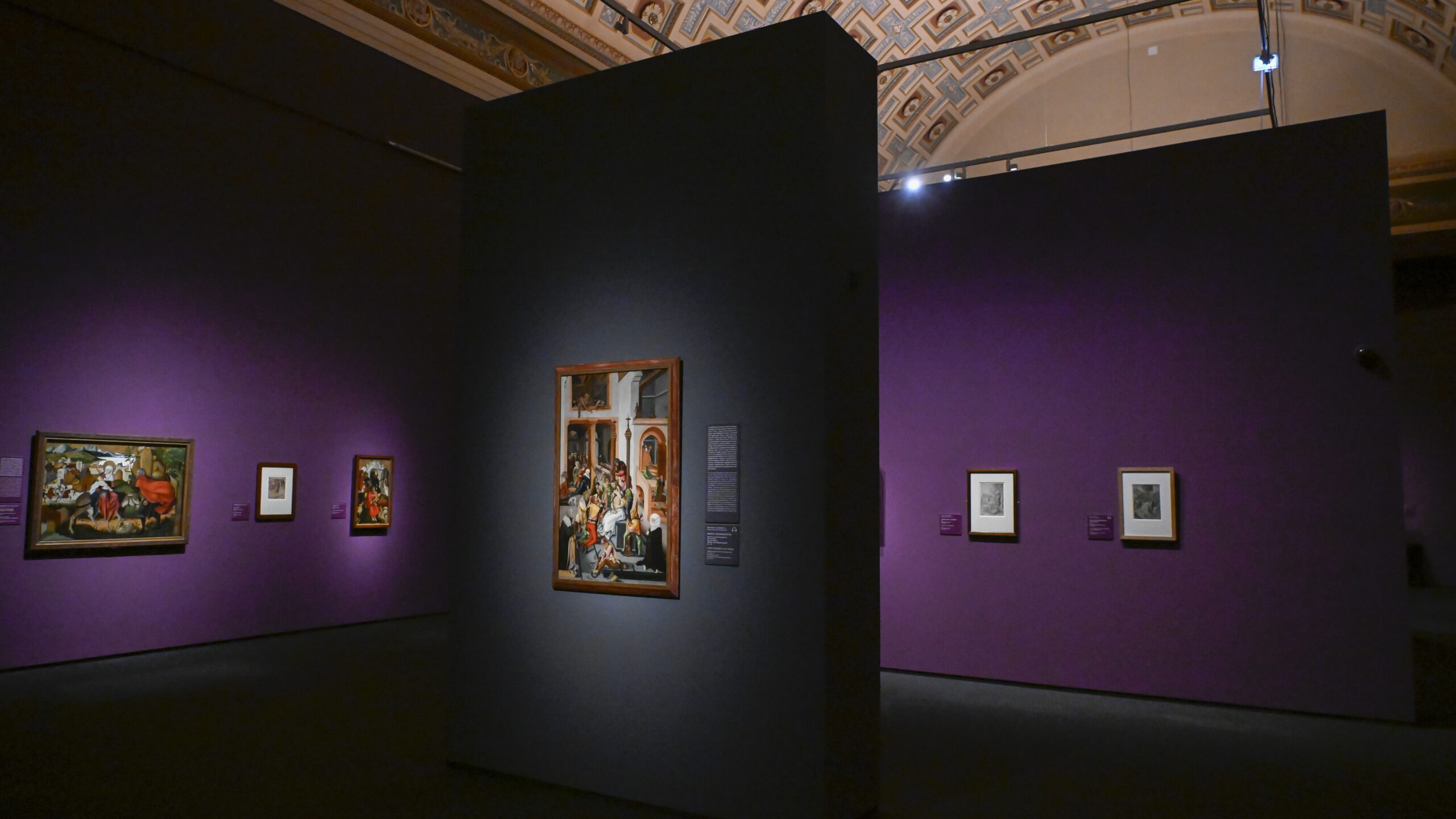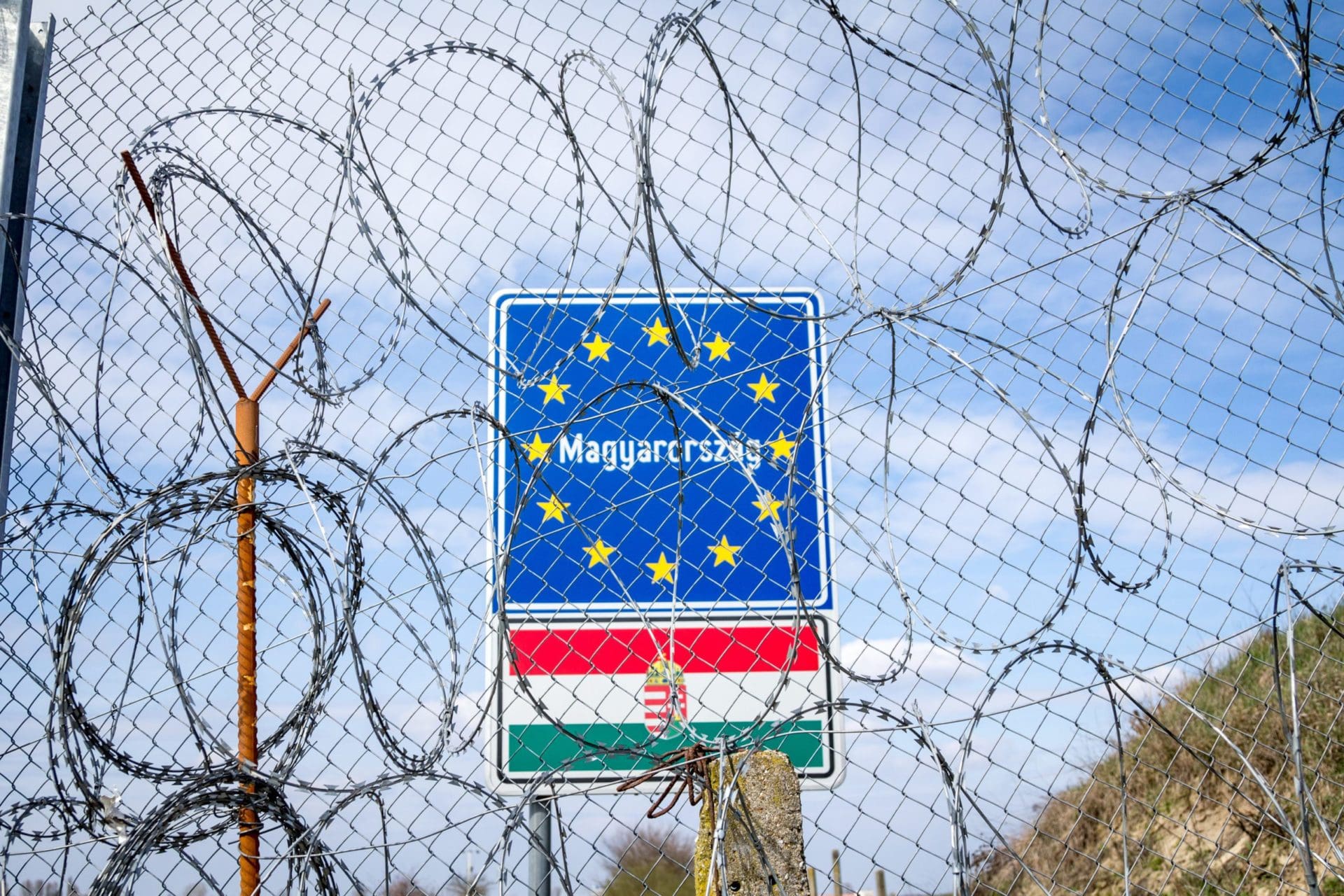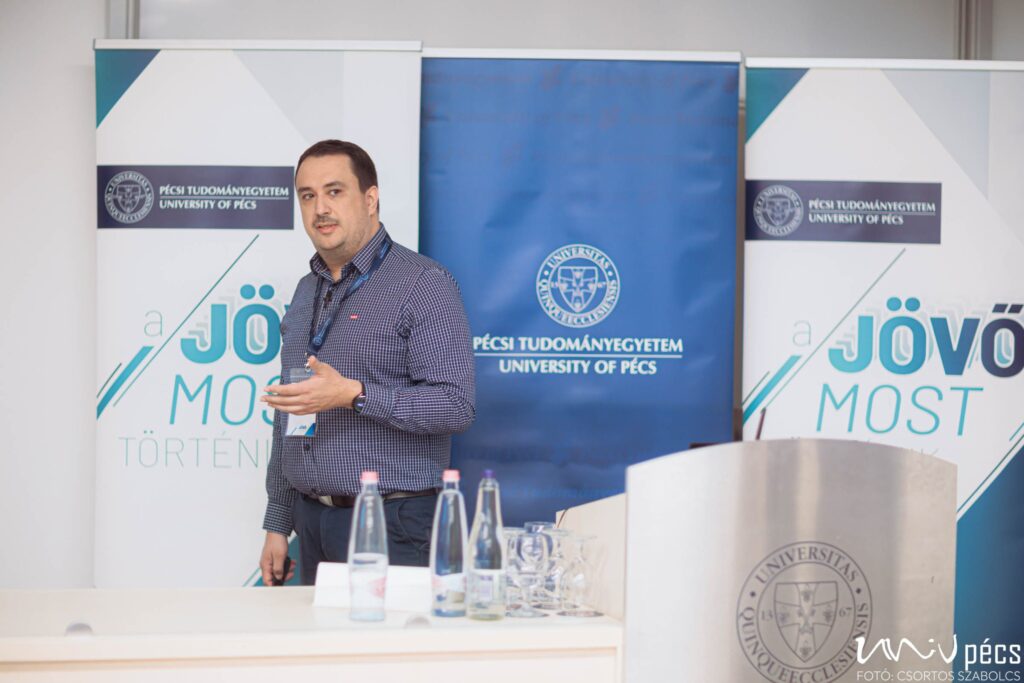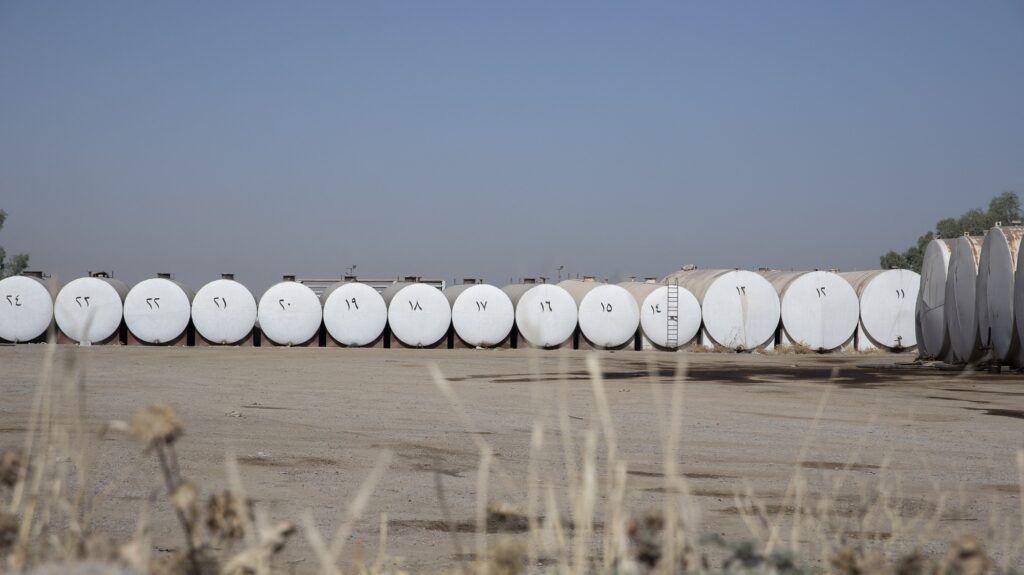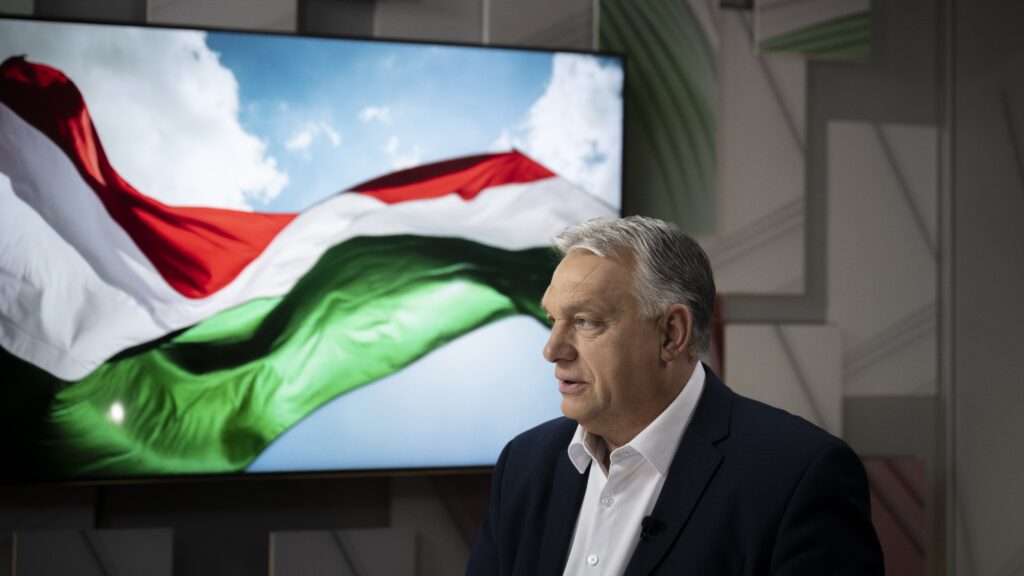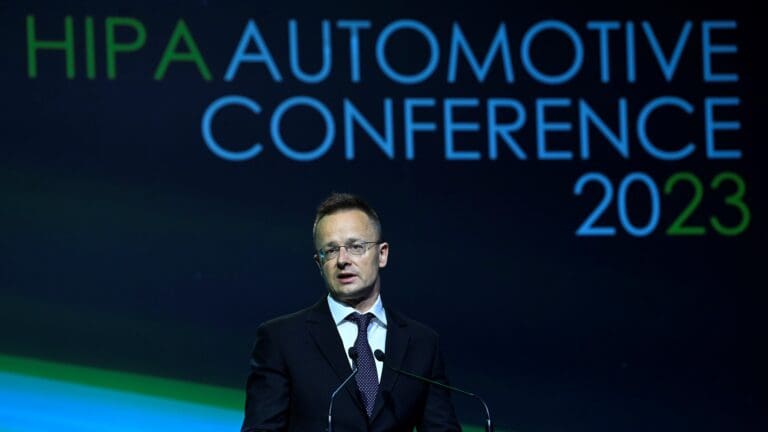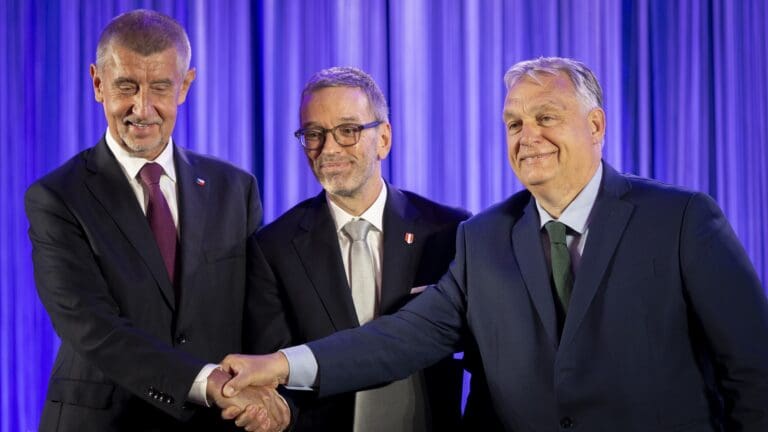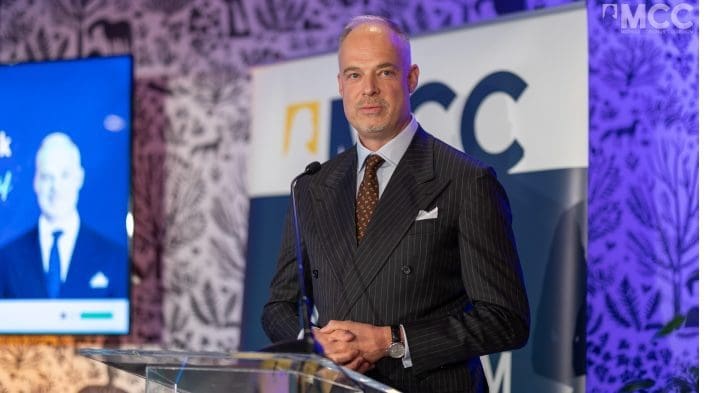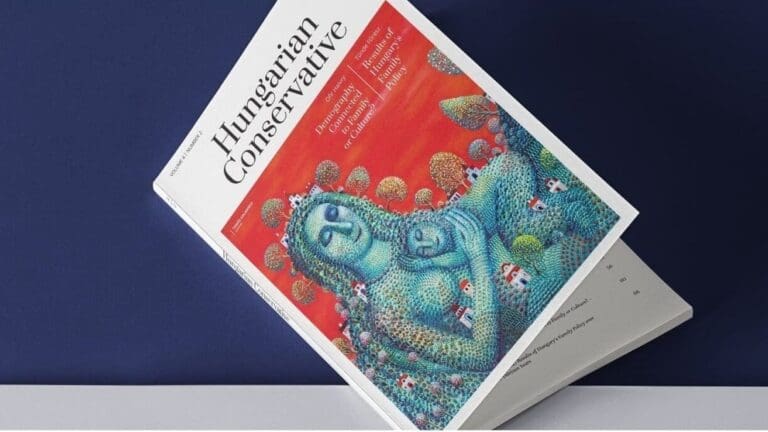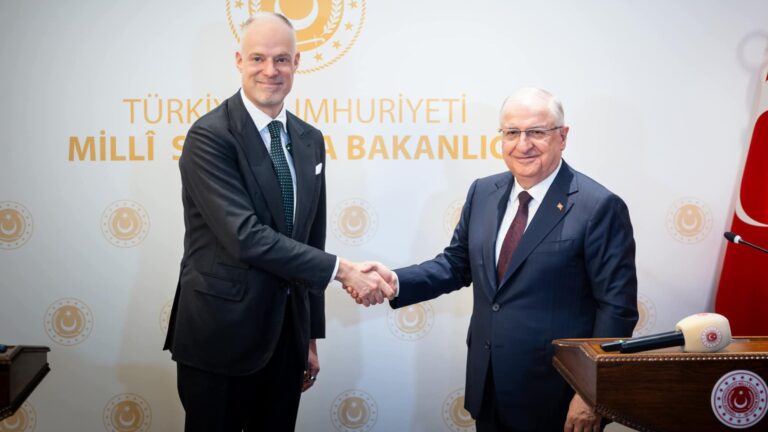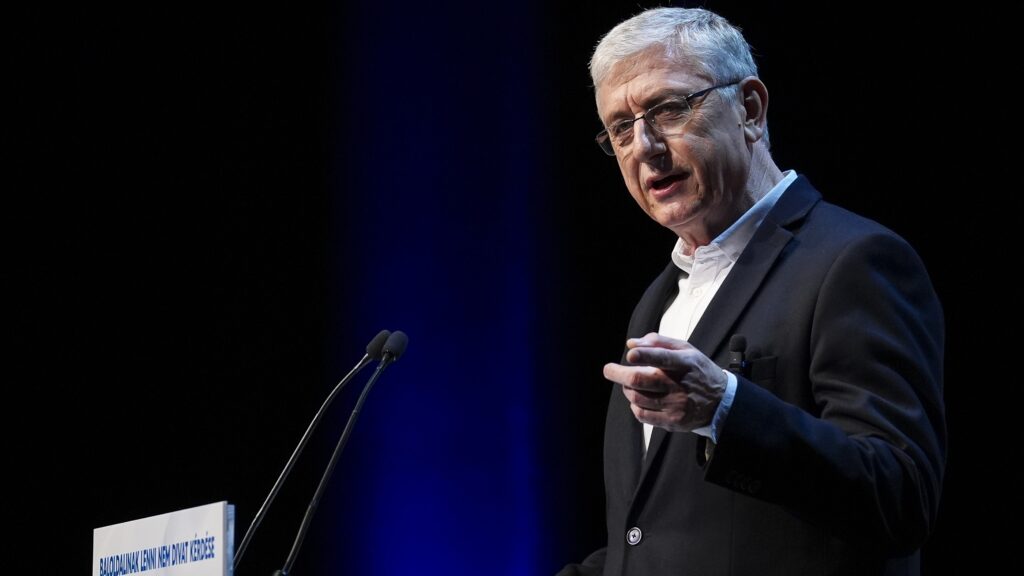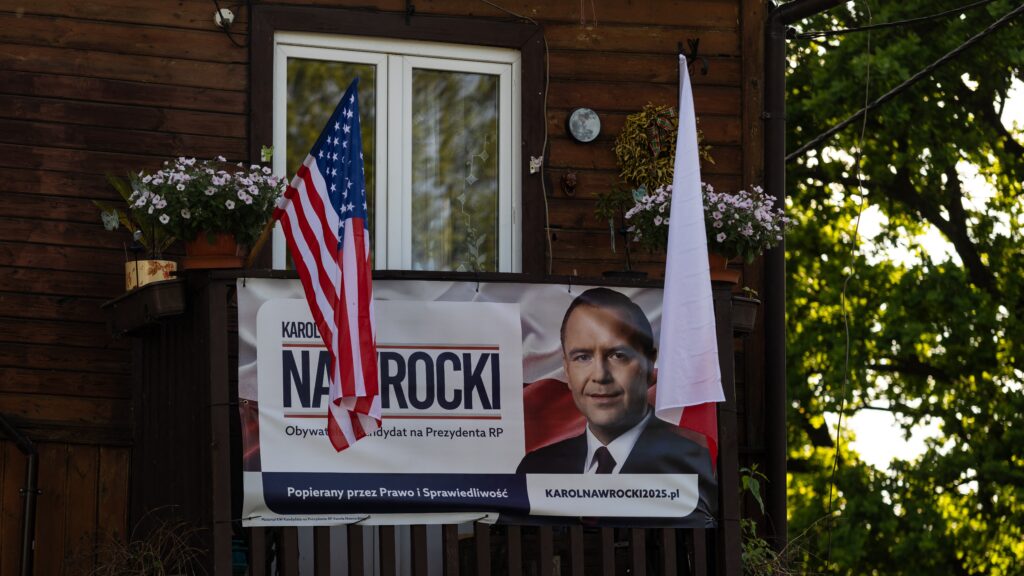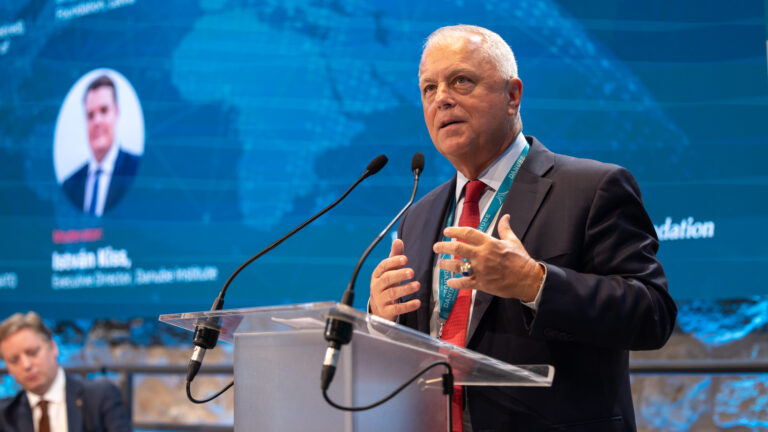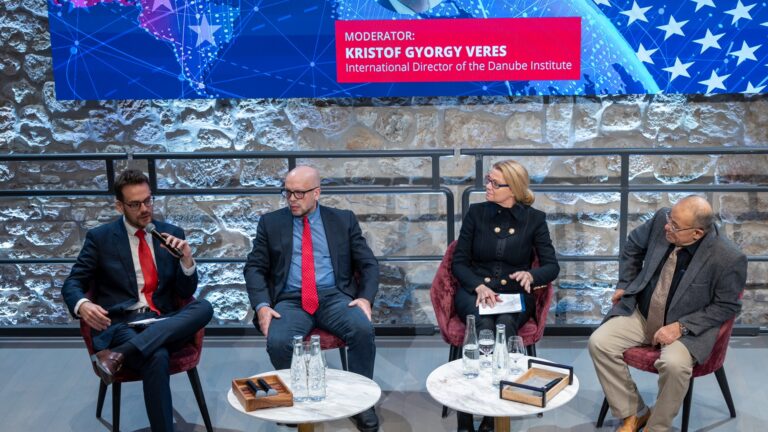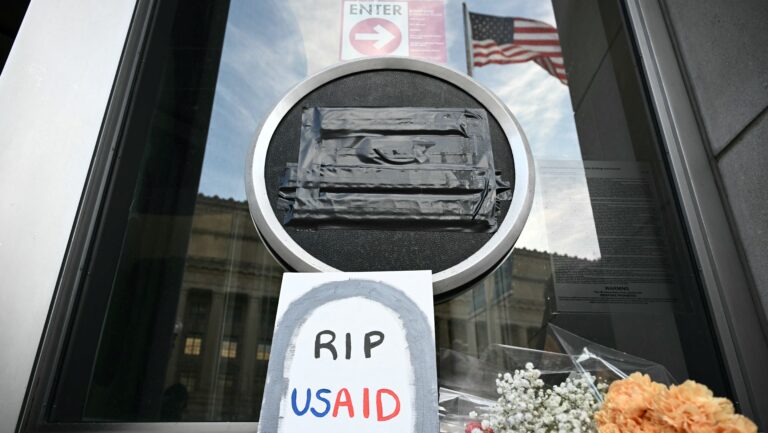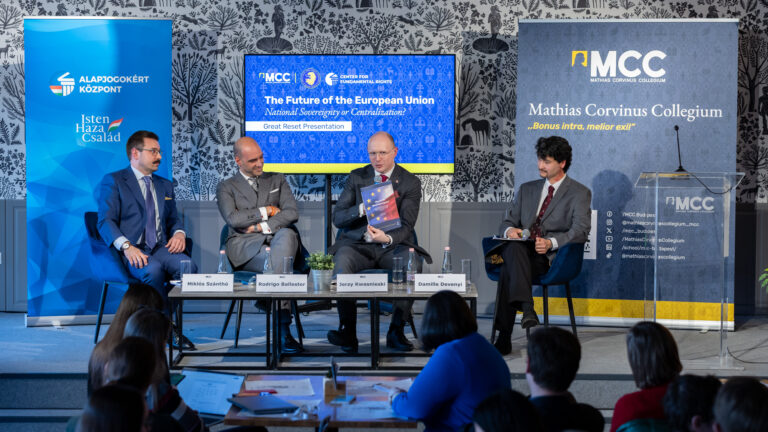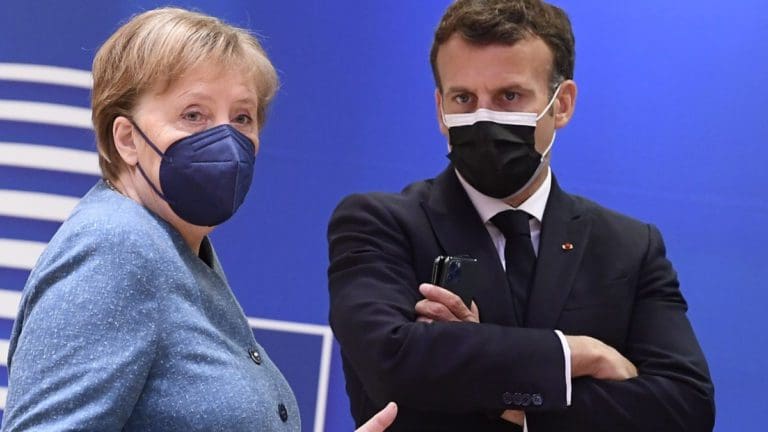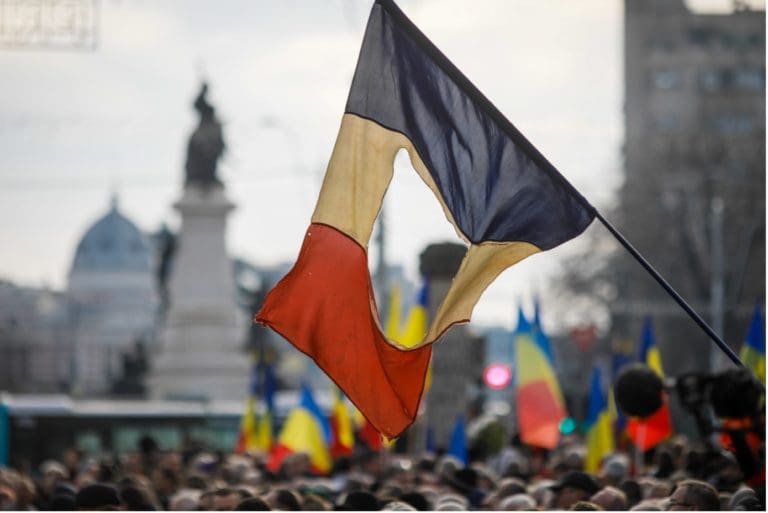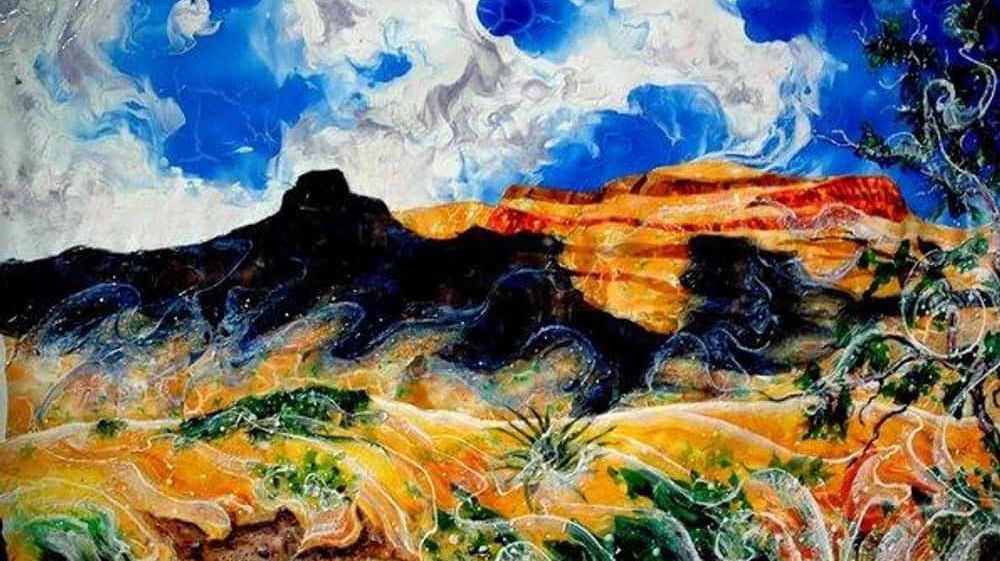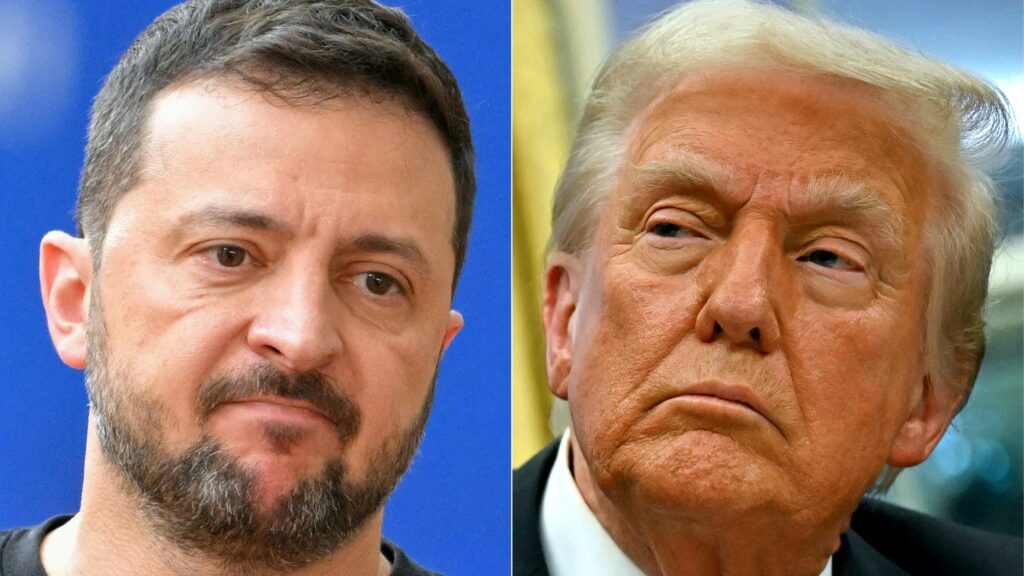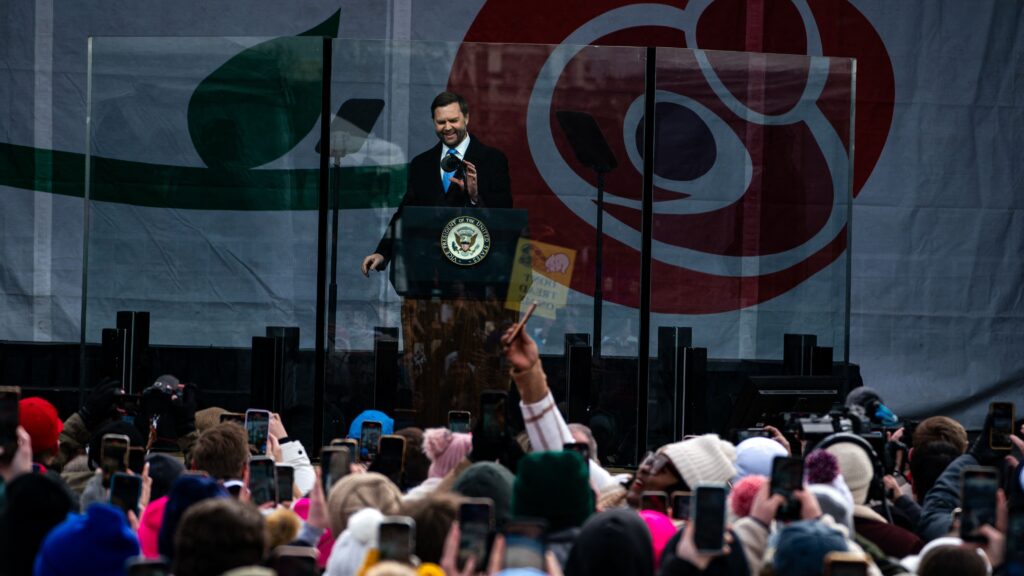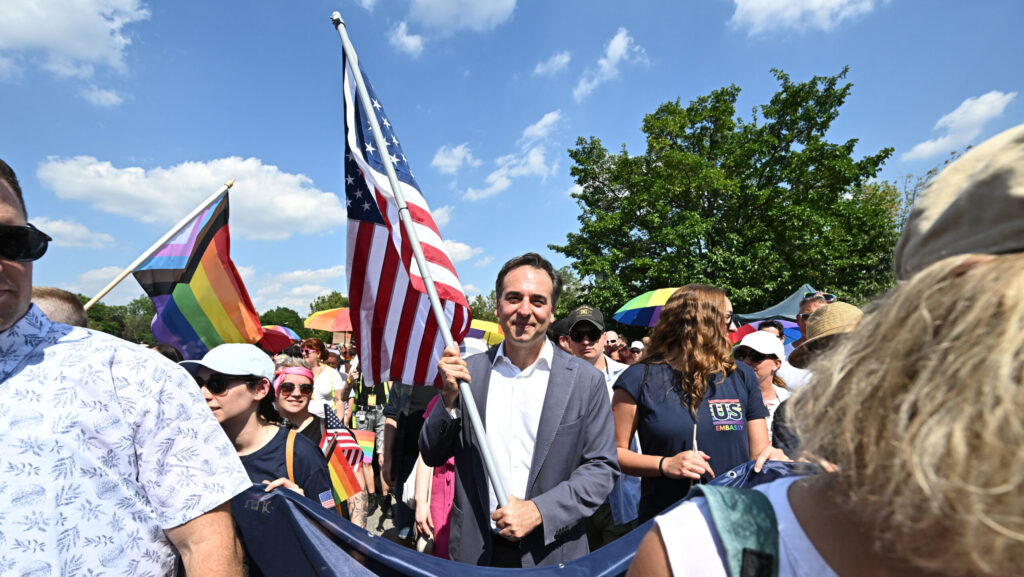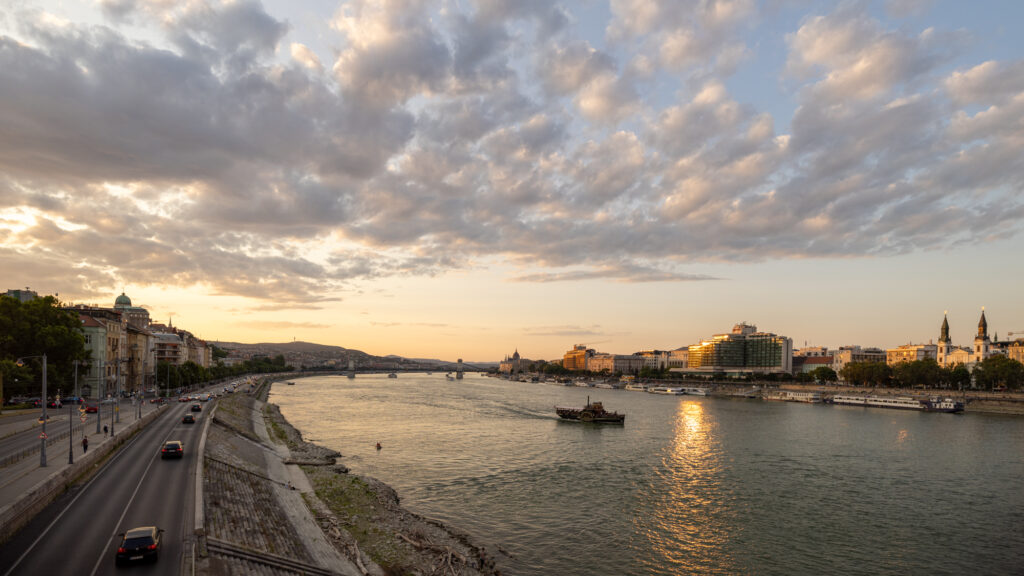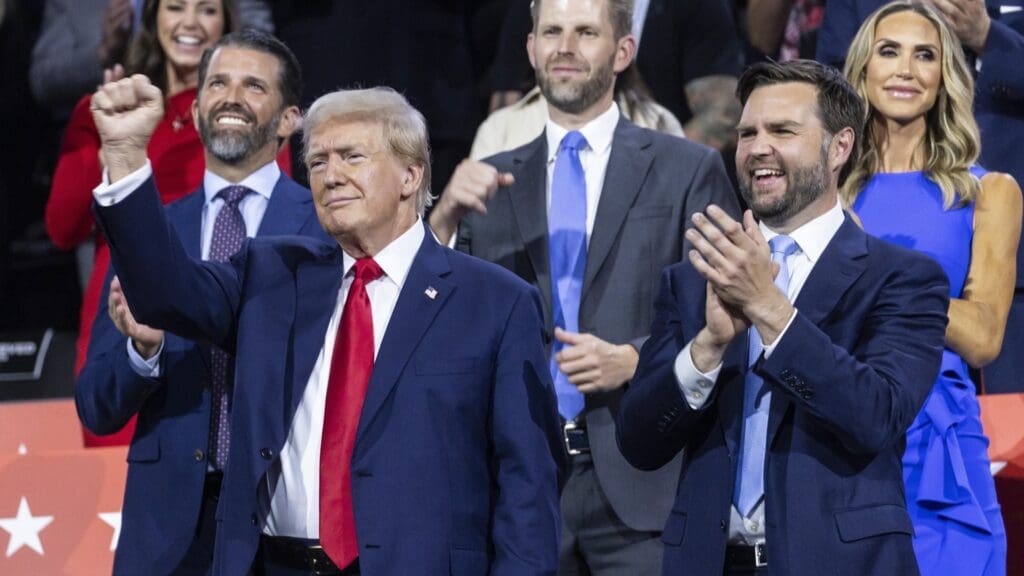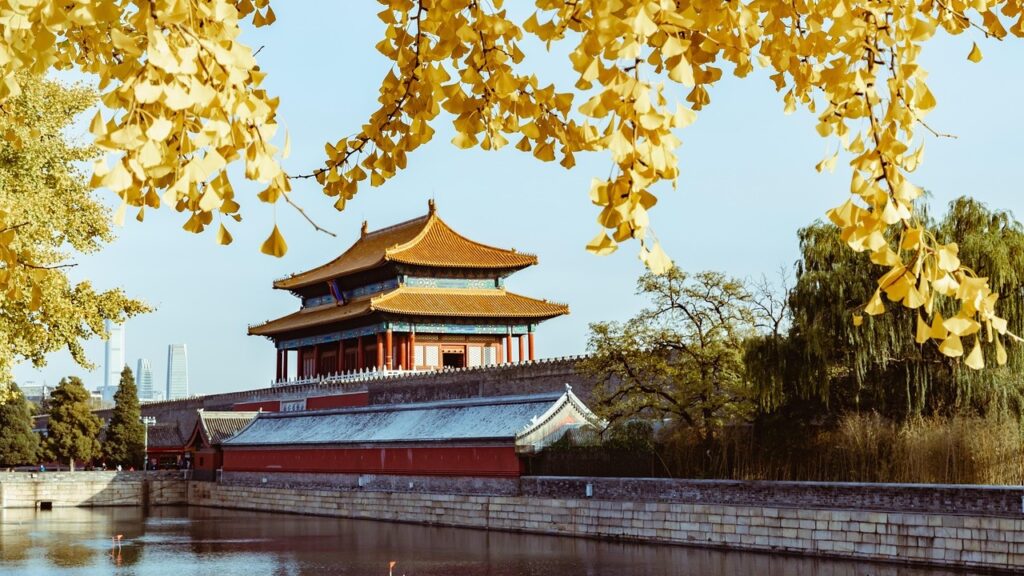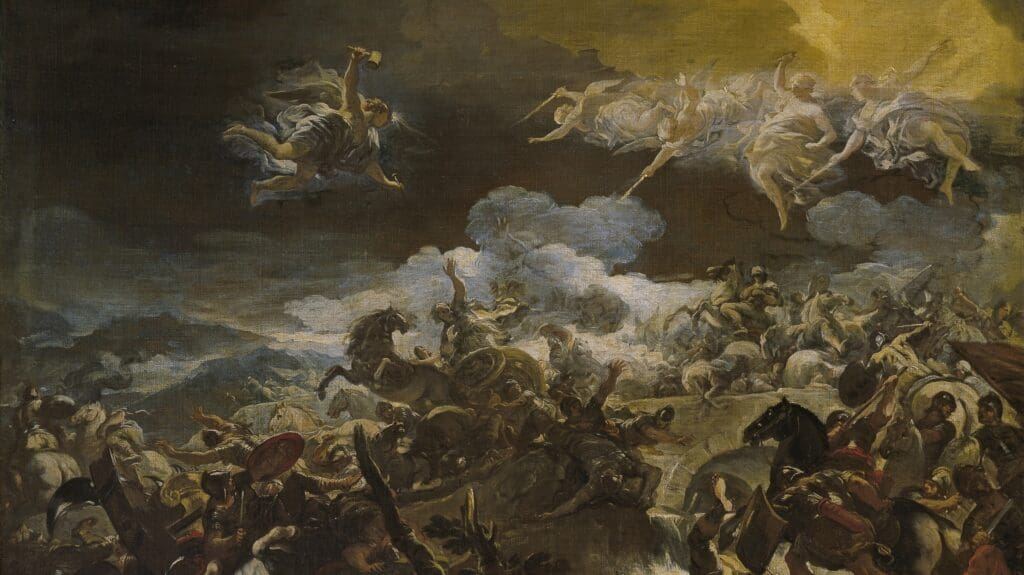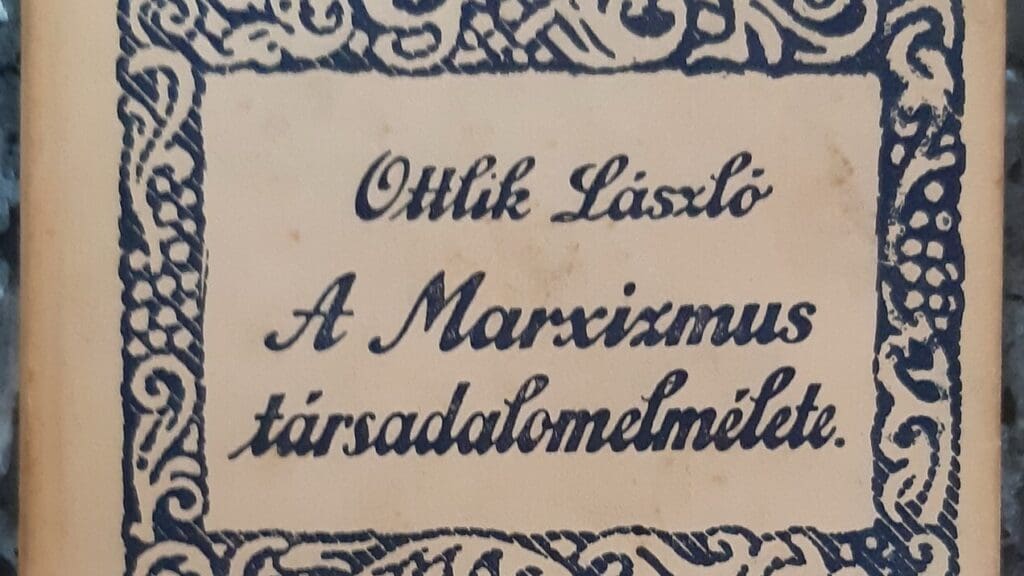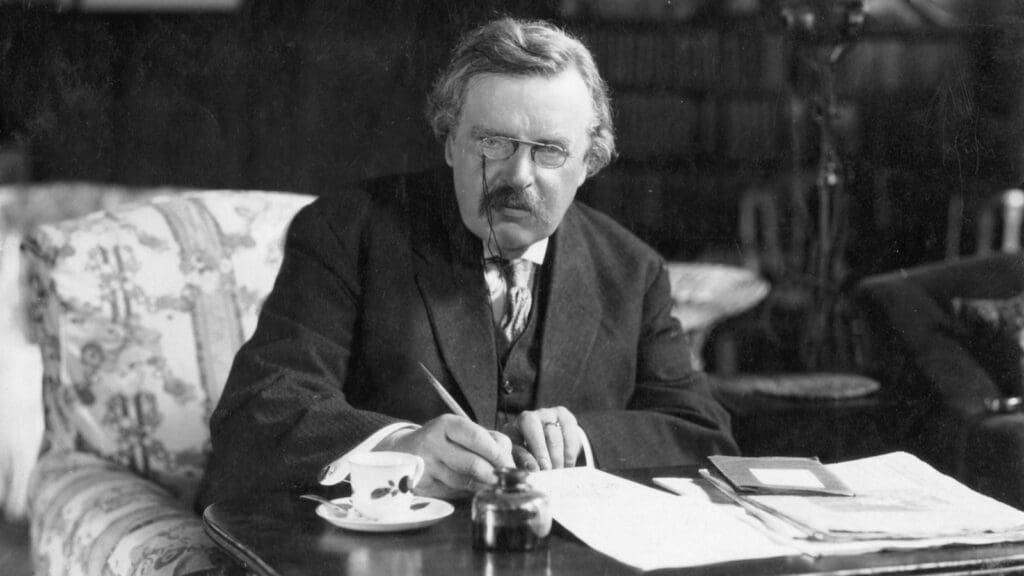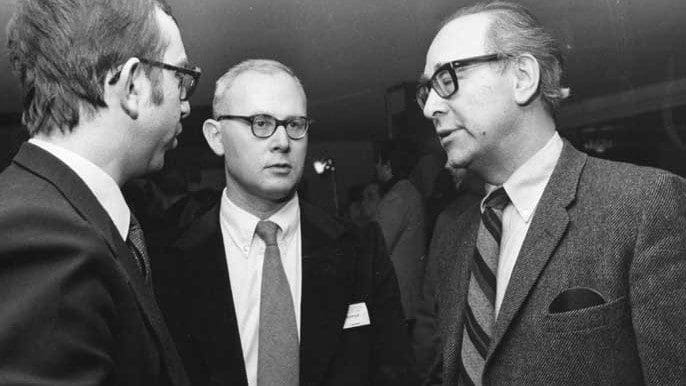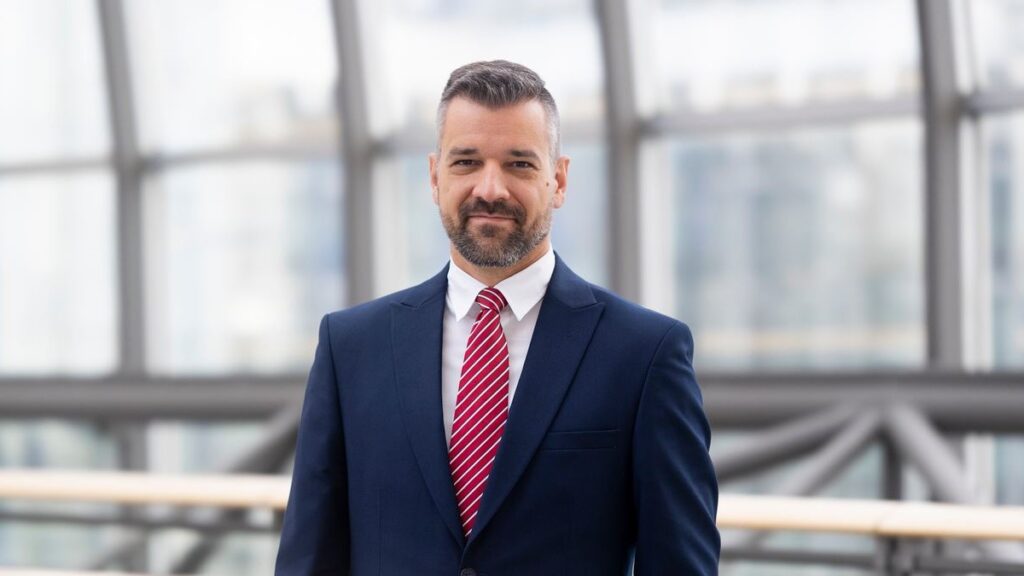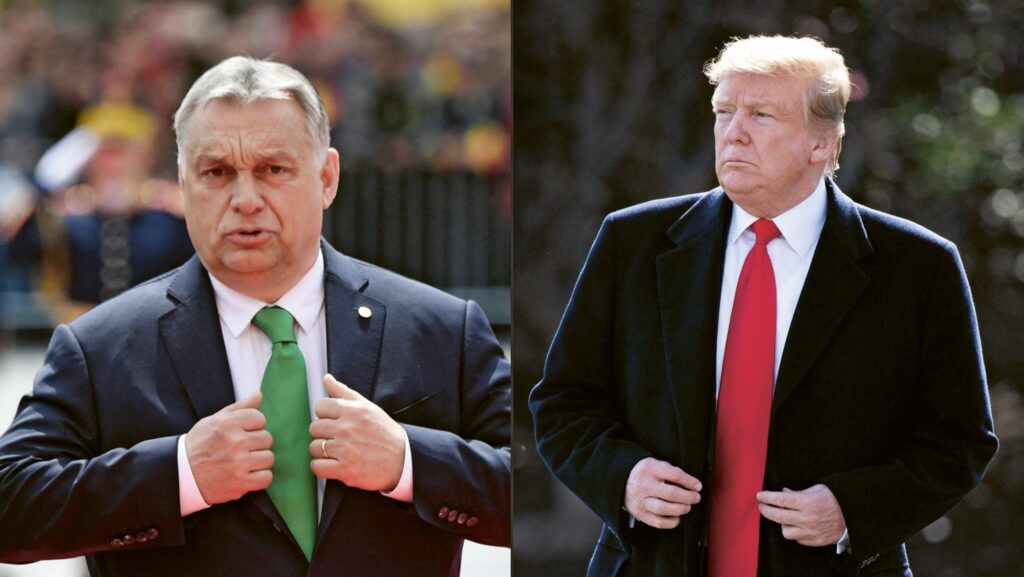
Hungary, Trump, and the Rule of Law
‘There is a historic chance for US–Hungary relations to peak, and it depends in no small part on the two leading players. Even though Hungary is a member of the EU and NATO, in the last two decades, American Democratic administrations have been explicitly hostile towards it…With the US president behind him, Orbán could be much more effective in strengthening his conservative agenda in Brussels, which until now has been an uphill struggle.’
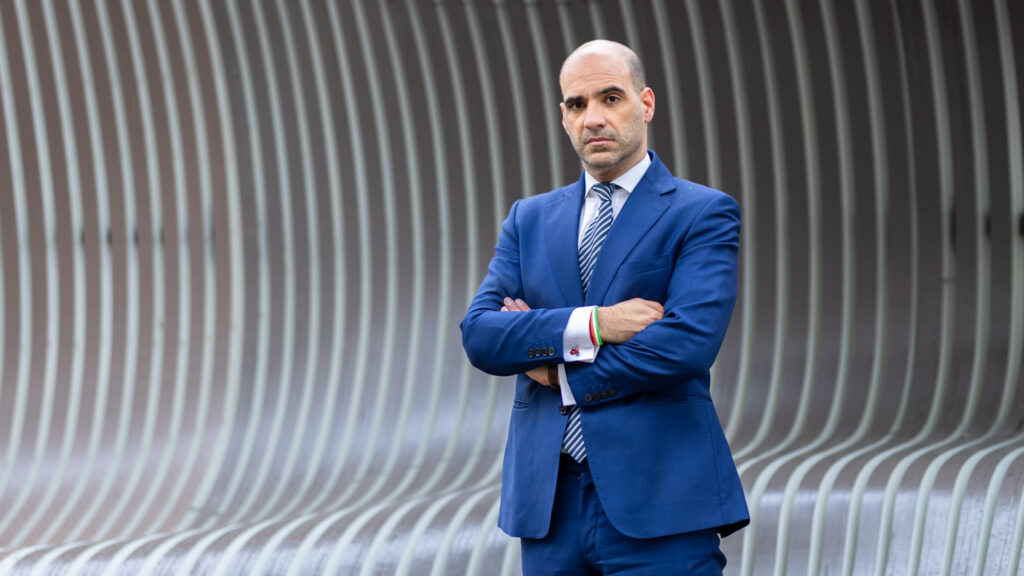
‘Let’s put the sovereignty of Member States at the core of the EU’ — An Interview with Rodrigo Ballester
‘The starting point is that the European Union is facing a deep crisis, more than ever, because it’s increasingly bureaucratic, increasingly centralized, increasingly authoritarian, and less and less competitive….And since sooner or later you will have a reform of the treaties, our idea was to be ready to participate in this debate. How do we do that? With this report, which contains two scenarios.’
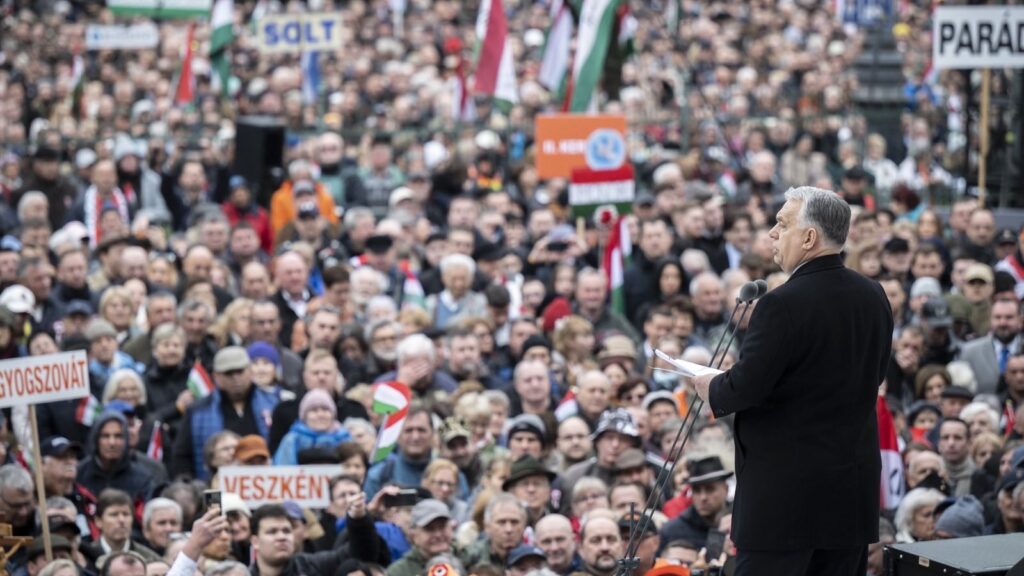
‘Hungary demands EU without Ukraine’ — Orbán Delivers Fiery Speech on 15 March
Prime Minister Viktor Orbán emphasized the timeless nature of Hungarian freedom in his speech marking the anniversary of the Hungarian Revolution and War of Independence of 1848–1849, while also delivering sharp criticism of the European Union and its imperial ambitions. He outlined 12 demands for Brussels, including a call for a ‘Union without Ukraine’.
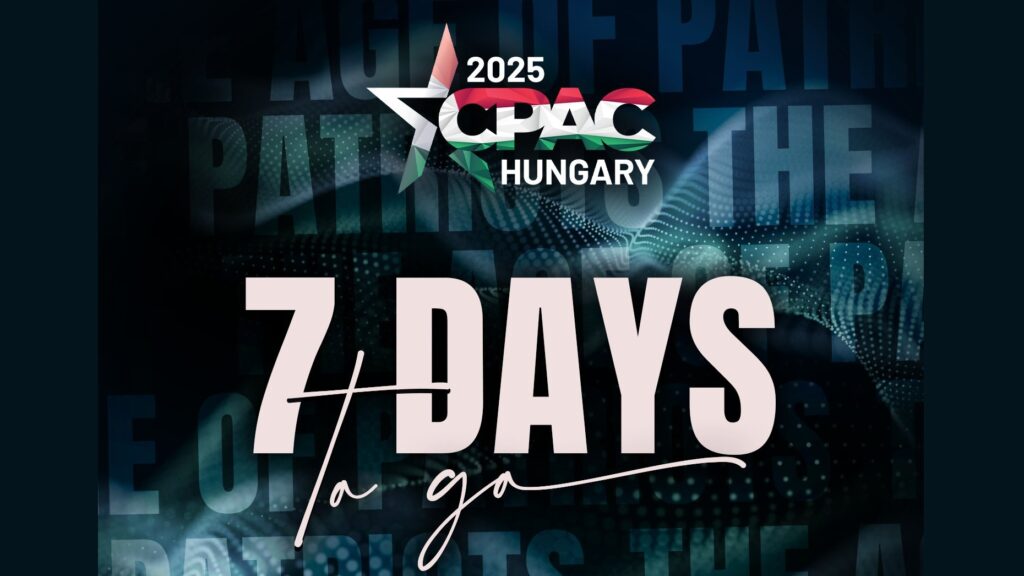
CPAC Hungary 2025 Starts in a Week — with Ben Shapiro and Dave Rubin
CPAC Hungary 2025 will be taking place on 29–30 May at the Budapest Congress Center, just one week from now. The confirmed speakers include famed American political commentators Ben Shapiro and Dave Rubin, as well as Member of the Spanish Congress of Deputies for the right-wing populist Vox party Santiago Abascal.
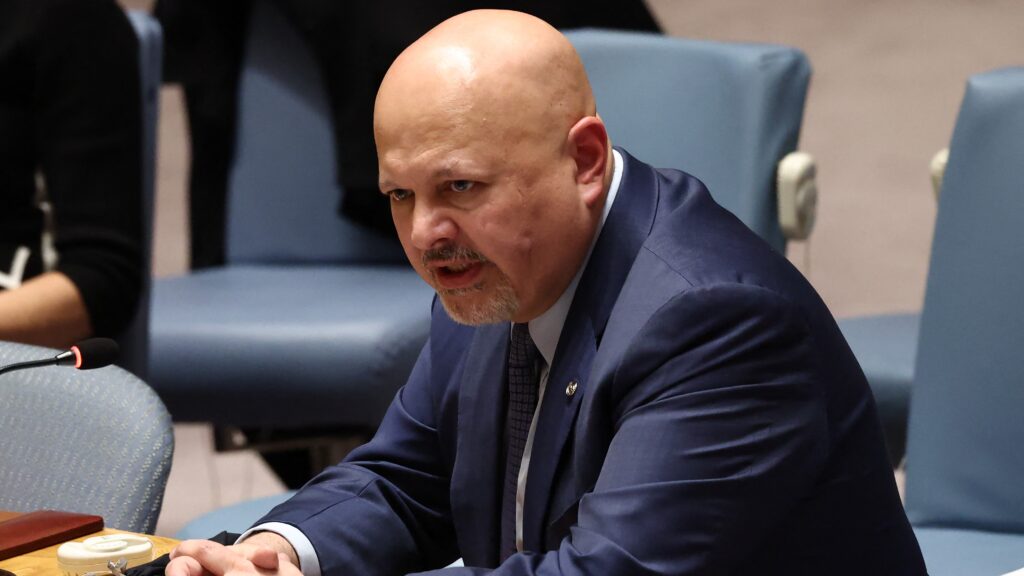
Hungarian Parliament Approves ICC Withdrawal Amid Mounting Criticism of Israel Case
Following a vote by a vast majority, Hungary can now officially withdraw from the International Criminal Court (ICC), whose decision to issue arrest warrants for Israeli political and military leaders is facing growing scrutiny.
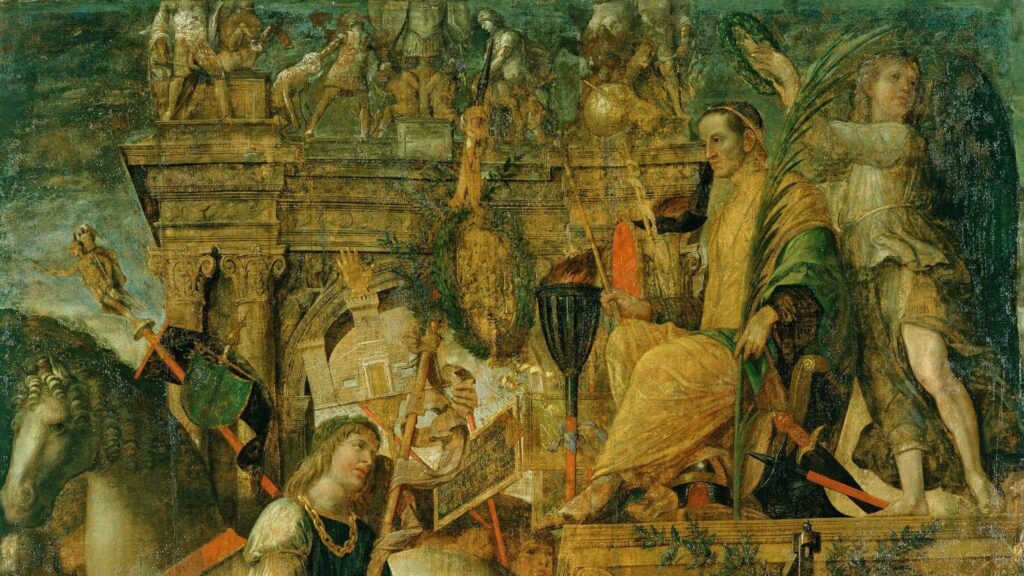
A Return of Caesar? Hungary Reflects on Trump’s Second Hundred Days
‘Whether this era will bring consolidation or rupture remains uncertain, but one thing is clear: the age of managerial drift is over. In its place stands a presidency more Caesar than consul and more instinct than theory. History, once again, is taking sides—and Donald Trump appears determined to pick one first.’
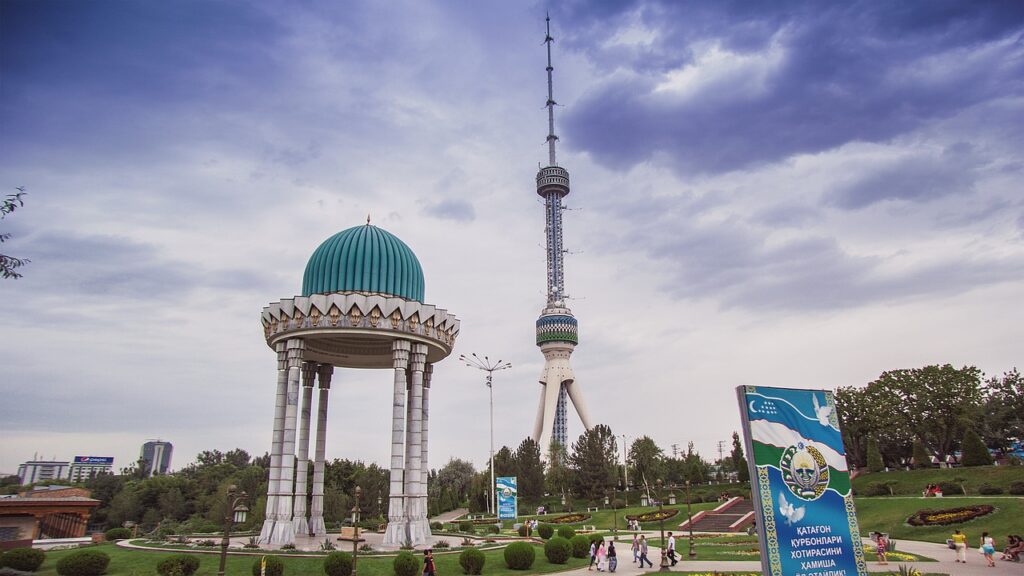
Hungarian Companies in Uzbekistan: Successful Investments and Bilateral Prospects
‘Additionally, there is significant potential to increase the export of Uzbek goods to the Hungarian market in product categories that are in demand in Hungary…This would help diversify Uzbekistan’s export structure and more fully realize the existing trade potential between the two countries.’
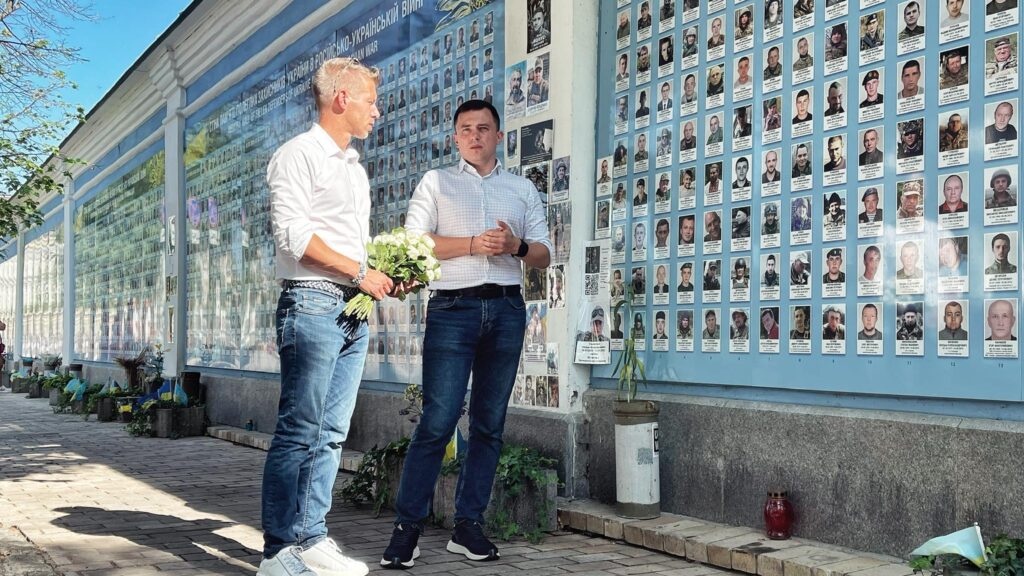
Ukrainian Spy Tseber’s Ties to Hungarian Opposition Raise Alarms
Recent developments in the Hungary–Ukraine spy scandal indicate that one of the exposed Ukrainian intelligence officers, Roland Tseber, had a deeply embedded network within Hungarian political and defence circles. He even organized opposition leader Péter Magyar’s visit to Kyiv last July, further raising suspicions about the Tisza party and its potential cooperation with Ukrainian intelligence.
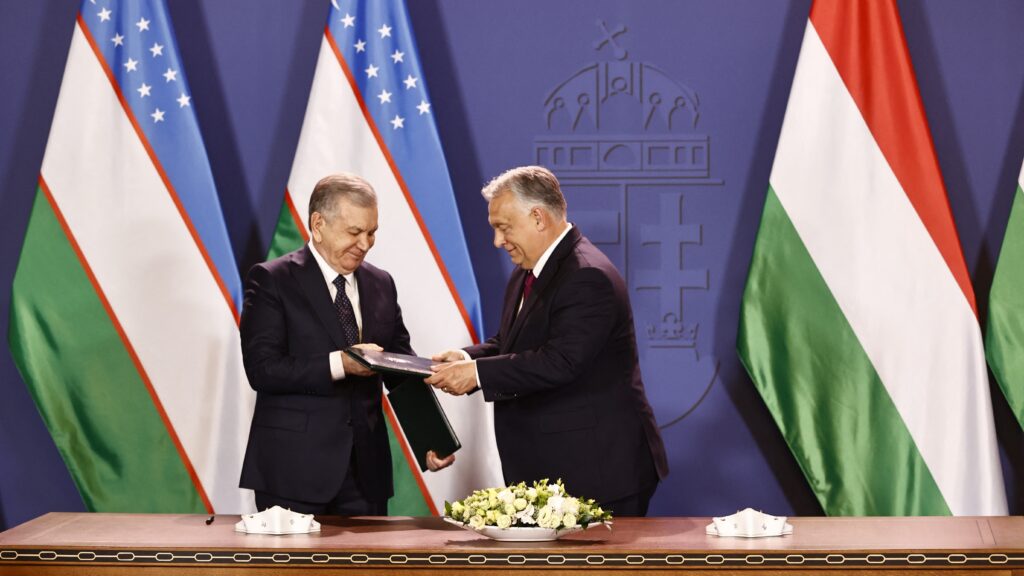
Customs Cooperation Between Uzbekistan and Hungary: Strong Agreements and Active Practice
‘Hungary is important to Uzbekistan not only as a supplier of pharmaceuticals and medical equipment but also as a source of advanced technologies and expertise. In turn, Uzbekistan has effectively established exports of goods such as agriculture, chemicals, and textiles.’
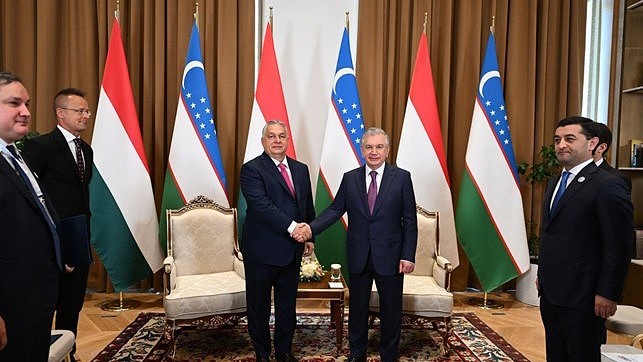
OTS Summit in Hungary: New Opportunities for Regional Integration Amid Global Trends
‘The development of transit corridors and the implementation of joint logistics infrastructure projects are key strategic components of cooperation within the OTS. In this regard, the joint development of the Middle Corridor is taken into account, which allows diversifying the transit of goods from China to Europe and back.’

